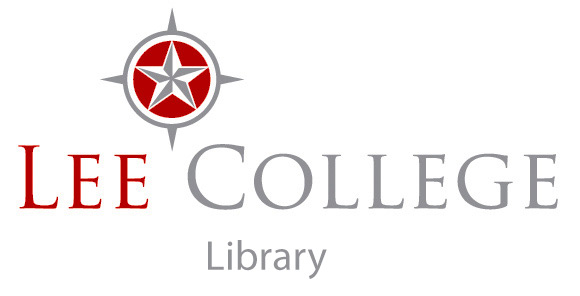Selected Resources
-
Academic Onefile (Gale) This link opens in a new window Streamlined Discovery at Your Students Fingertips Connect learners to the information they're looking for with tools that make discovery fast and easy. Gale’s premier periodical resource, Gale Academic OneFile, provides millions of articles from over 17,000 scholarly journals and other authoritative sources—including thousands of podcasts and transcripts from NPR and CNN as well as videos from BBC Worldwide Learning.
-
Opposing Viewpoints in Context This link opens in a new window Online resource covering today’s hottest social issues. OVIC brings together all the information that’s needed to fully understand an issue: pro and con viewpoint articles derived from award-winning Greenhaven Press series, reference articles that provide context, 140 full-text magazines, academic journals, and newspapers, primary source documents, government and organizational statistics, multimedia, including images and podcasts, links to hand-selected web sites, and more.
-
International Directory of Company HistoriesProvides histories of companies that are a leading influence in a particular industry or geographic location. For students, job candidates, business executives, historians and investors.
-
Pros and Cons of Controversial IssuesResearch the pros and cons of controversial issues.
SWOT Analysis
What is a SWOT Analysis?
SWOT stands for:
-
Strengths
-
Weaknesses
-
Opportunities
-
Threats
Researchers determine what these factors are and how they affect the company's future. A SWOT Analysis can also be found in Business Source Complete!
Before you begin searching for information, you must identify keywords related to your topic. Find keywords:
- within your research question or thesis
- in encyclopedias used in background research
- in bibliographies found at the end of books and articles
- in a thesaurus

- by asking a librarian
When brainstorming keywords remember to ask yourself the who, what, when, where, and why of your topic.
Who is involved?
A specific age group, occupation, ethnic group, gender, etc.
What is the problem?
What is the issue facing the "who" in your topic? Health concerns, job and economic trends, contaminated drinking water?
Where is it happening?
A specific country, region, city, physical environment, rural vs. urban, etc.
When is this happening?
Is this a current issue or an historical event? Will you discuss the historical development of a current problem?
Why is it happening / Why is this a problem?
You may want to focus on causes or argue the importance of this problem by outlining historical or current ramifications. Or you may decide to persuade your instructor and class why they should care about the issue.
The following publications can be found in the library databases with the exception of Internet Sites. They each have strengths and weaknesses depending on the type of information you are seeking.
- Internet Sites:
- Most current information available
- Least reliable
- Newspapers:
- Provide current information
- Not always accurate
- Popular Magazines:
- Geared to the popular reader at an 8th grade level
- Published weekly
- Have lots of pictures
- Trade publications:
- Professional Association information in them
- Continuing Education resources
- Job Ads in the back of them
- Published every other week or monthly
- Scholarly publications:
- Go through a peer review process
- Most reliable
- Much slower publication rate
Resume Help
Use the Library Catalog to find print & ebooks.
Try using some of the following search terms in your catalog search:
To limit your search in the library catalog to only e-books, choose the Advanced Search, then use the Format menu (underneath the search boxes) to limit your search to ebooks:
-
EBSCOhost eBooks This link opens in a new windowElectronic versions of print books in a wide variety of subjects, all available to read online and some available to download to your computer or mobile device.



